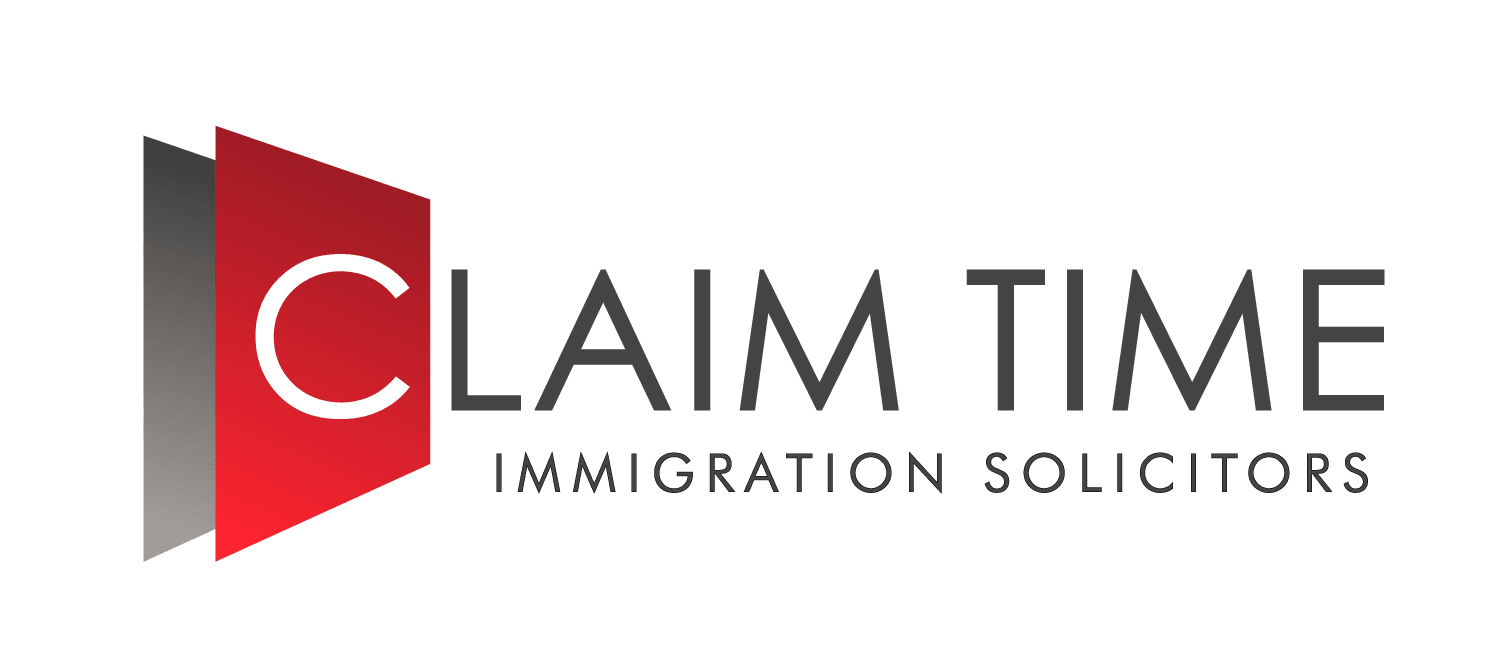You must have:
●
an unconditional offer of a place on a course with a licensed
Tier 4 sponsor
●
enough money to support yourself and pay for your course –
the amount will vary depending on your circumstances
You can do a course that’s
one of the following:
●
full-time leading to a qualification that’s at least level 6
on the Ofqual register
●
part-time leading to a qualification that’s at least level 7
on the Ofqual register
●
an overseas course of degree level study that’s equal to a UK
higher education course and is being run by an overseas higher education
institution
●
full-time, with at least 15 hours per week of organised
daytime study, leading to a qualification which is at least level 3 on the
Ofqual register
●
a recognised foundation programme as a postgraduate doctor or
dentist
Postgraduate doctors and
dentists
You can apply for this
visa if you’re sponsored to do a recognised foundation programme and you’ve:
●
finished a recognised UK degree in medicine or dentistry
●
received that degree from a registered Tier 4 sponsor
●
spent your final year and at least 1 other year of studies
leading to that degree in the UK
Confirmation of acceptance
for studies
Your education provider
will send you a reference number called a confirmation of acceptance for
studies (CAS) once they’ve offered you a place on a course. You’ll need to
enter this on your visa application.
You must apply for your
visa no more than 6 months after you receive theCAS.
If you’ve studied in the UK
before
You can only get a CASin
certain situations if you’re applying from within the UK.
If you’re continuing your
studies
You can get a CAS if
you’re:
●
re-sitting exams or repeating modules
●
applying for the first time to a new institution to complete
a course you started at an institution that lost its Tier 4 sponsorship
●
applying to extend your stay to complete your studies because
you’ve done (or want to do) a work placement or study abroad programme
●
completing a PhD or other doctorate that you started studying
under your last Tier 4 (General) student visa
●
applying after working as a student union sabbatical officer
to complete a qualification you started studying under your last Tier 4 (General)
student visa
●
continuing your medical, dentistry or medical science degree
after completing an intercalated course
If you’re starting a new
course
You can get a CAS if your
course is one of the following:
● at a higher academic level
than your previous course
● at the same level and
related to your previous course or career aspirations – it must be degree level
or above at a Higher Education Institution (HEI)
● intercalated to a
medicine, dentistry or medical science course you started studying under a Tier
4 (General) student visa
If you’re applying to work in
the UK
You can get a CAS if you’re applying
to either:
● work as a student union
sabbatical officer
● stay in the UK to look for
work after you’ve finished your PhD or doctorate – the ‘Doctorate Extension
Scheme’ (DES)


